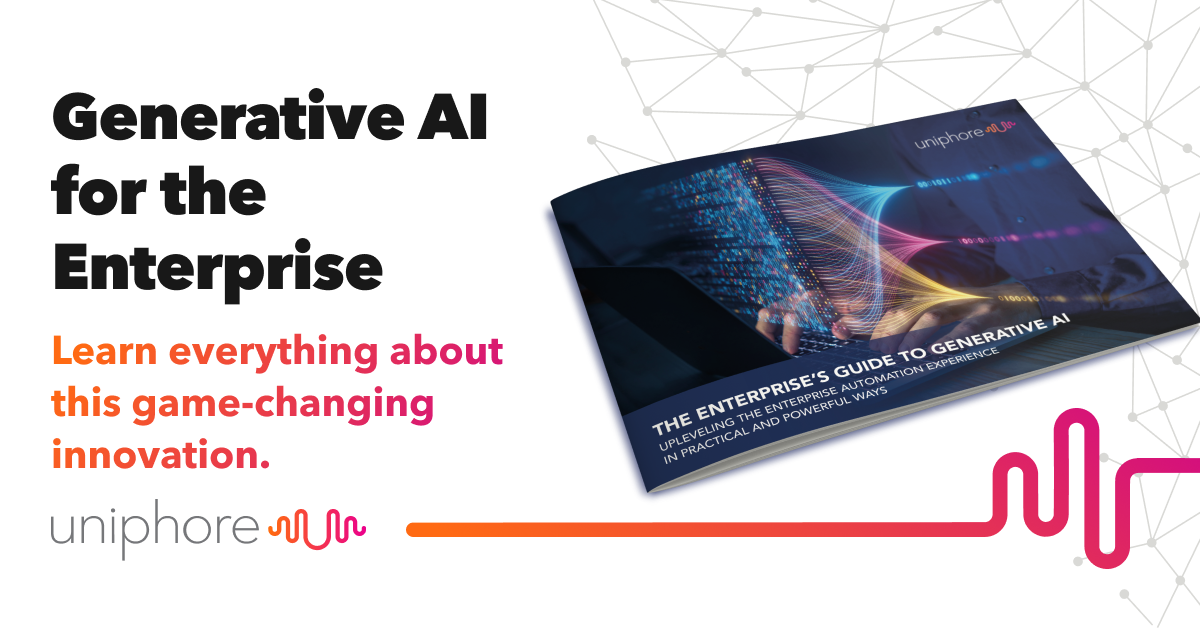
While the insurance industry has been slow to transition to a digital world, chatbots offer a quick and easy way to begin delivering the services 21st century customers demand.
It is a recognized fact that in general, the insurance industry has been slow to adopt digital tools and business models, at least in comparison to most other industries. Insurance has long been a pretty inflexible game, which is why this sector has been shaken by the manner in which customer expectations have shifted dramatically in recent times. Today’s consumers expect their service providers to maintain a presence that is not just multi-channel but omni-channel, and they expect a customer experience that is not just satisfactory but actually enjoyable.
It is thus important for insurers to recognize the importance of delivering a flexible, convenient and digitally mature experience, particularly given the diverse needs of policyholders. This means that it is imperative they implement more advanced services to support human agents.
AI Chatbots To The Rescue
One potential answer to this lies in artificial intelligence (AI) and the chatbots that run on this. It certainly appears as though chatbots are the future, with research firm Gartner predicting that AI will power 85% of all customer service interactions by the year 2020.¹
The unique ability of chatbots lies in how they are able to personalize and automate processes, which offers the insurance industry a wonderful opportunity to significantly enhance the relationship that exists between companies and their policyholders.
One of the key benefits offered by such virtual customer assistants is the ability to simplify mundane, everyday tasks. Since the comprehension and informational algorithms that power chatbots are improving all the time, these virtual assistants have the potential to enhance efficiencies in numerous ways.
Not only do they offer the ability to handle frequently asked questions, increasingly they are able to handle more complex queries in the natural language format of chat, while at the same time being able to reference more information than a human could ever possibly hope to.
If you think about it, insurance companies have an abundance of the one thing AI requires to be successful – data. Effective machine learning, in turn, delivers the ability to make all this information actionable. Whether it is ranking information and listing it; classifying other forms of information, such as images; associating information with a numerical value; or even parsing data in order to detect anomalies, AI can change the way insurers operate.
Chatbots for Happy Customer
Since chatbots are capable of identifying speech patterns and interpreting non-verbal hints, they are able to interact with customers in a way that gives them the feeling that they are interacting with a real human, one who is smart enough to handle whatever insurance-related query they throw at them.
In addition, customers today have shifted from predominantly verbal communications to written forms of interaction, thanks to the proliferation of text-based mobile apps. Therefore, customers will not only be happy conversing with chatbots that offer a user-friendly and conversational interaction but will be happier still knowing they can do so at their own leisure, 24×7.
Ultimately, chatbots should enhance the customer experience, as they are able to provide users with an easy way to obtain the information they need. Sophisticated virtual assistants can even provide a personalized approach that can include images, content, links, call-to-action buttons or direct payment options, based on user input at a specific point.
Another reason customers will enjoy interacting with a chatbot is that virtual assistants enable the user to interact with services without the need for downloading or installing an app and having to struggle to learn a new user interface.
Chatbots for Insurance Agents
The key benefit, of course, is the already mentioned ability to automate claims processes. From assisting customers to register the first notice of loss or scheduling an appointment for the evaluator, chatbots can eliminate the need to have a human involved in these mundane processes.
The right virtual assistant can genuinely help an insurance organization to achieve effective customer engagement, allowing fast and contextual access to information, explaining complex products and ultimately improving sales and distribution. By automating a wide range of simpler functions, they play a crucial role in boosting employee productivity, by freeing up humans to focus on the more complex, time-consuming and critical activities that are vital to helping an organization differentiate itself in the marketplace.
Tata Consultancy Services anticipates that insurance companies will spend on average $90 million on artificial-intelligence technologies by 2020. ²
What it boils down to is that the automation provided by chatbots can go a long way towards eliminating the day-to-day administrative tasks faced by brokers. Virtual assistants offer the chance for insurance companies to leverage the efficiencies these bring to attract new customers. By adopting digital technologies, these players will have begun future-proofing their businesses.
After all, chatbots are a lot more than merely a utility play. Advanced virtual assistants can be designed to have distinct personalities, ones that align with the brand powering them. When this is achieved, the chatbot moves from being simply transactional to being a solution that can transform the customer experience.
[About the author]

http://www.gartner.com/newsroom/id/3763265 https://www.bloomberg.com/news/articles/2017-04-19/insurance-customers-will-have-to-get-used-to-talking-to-machines

